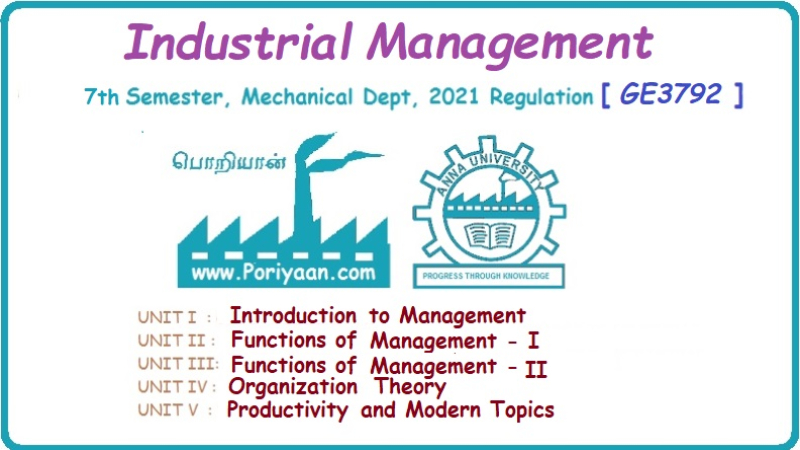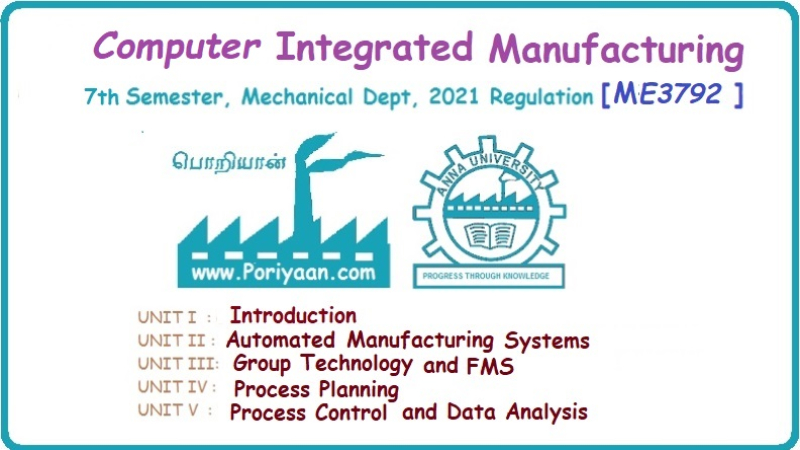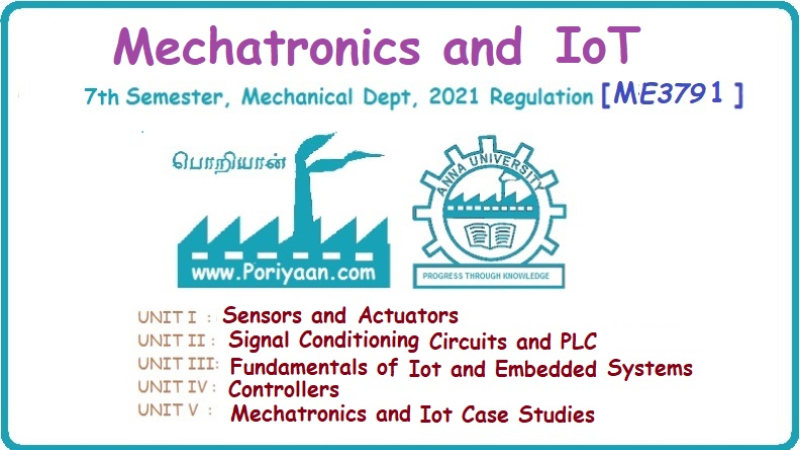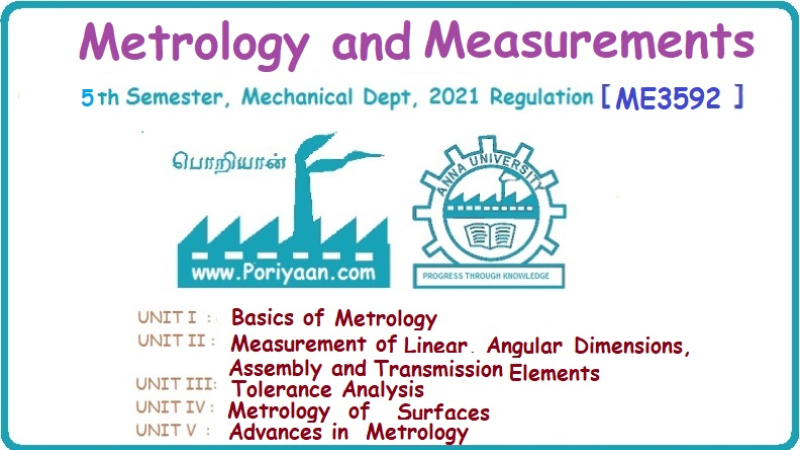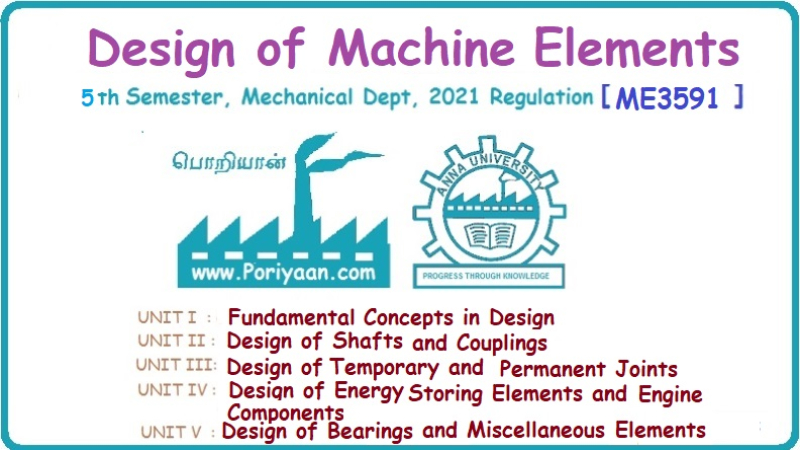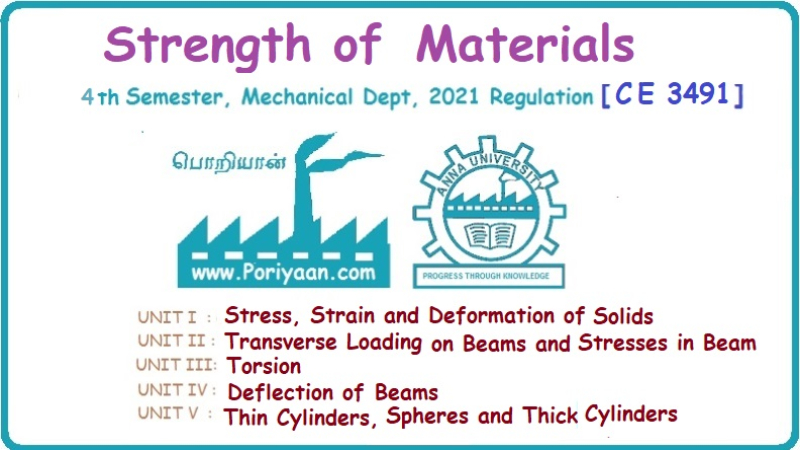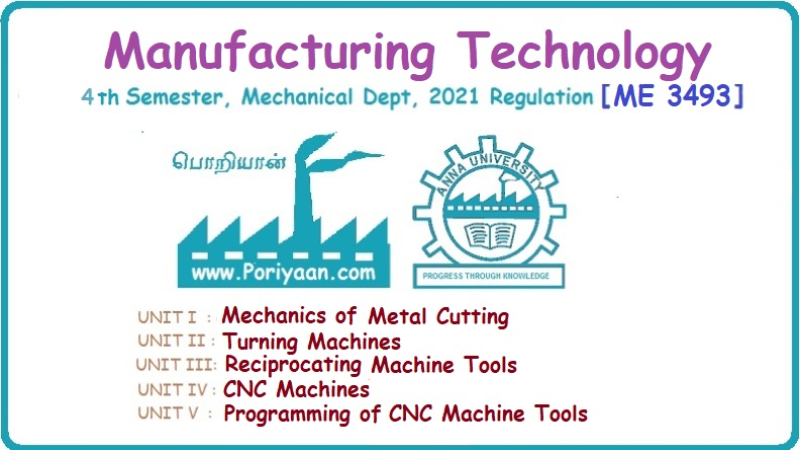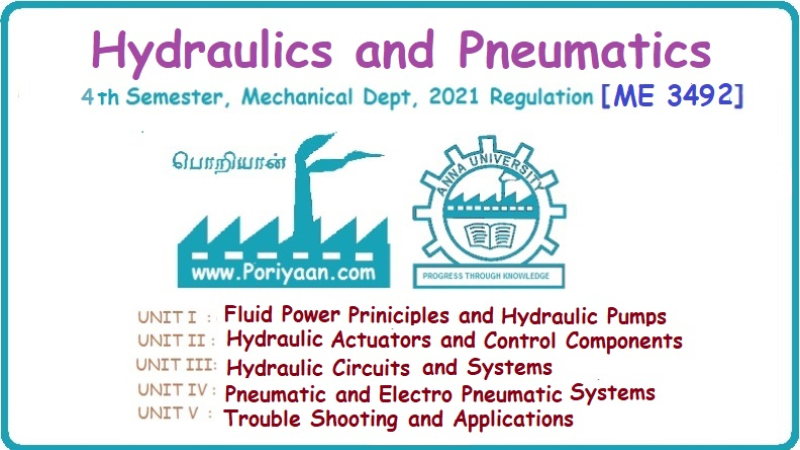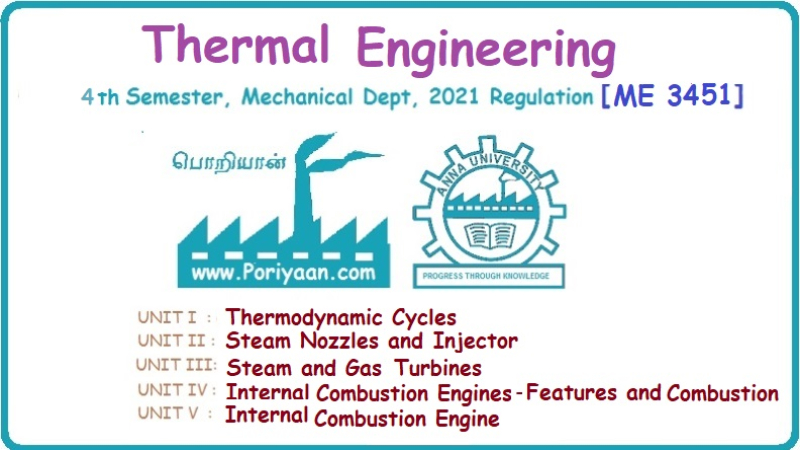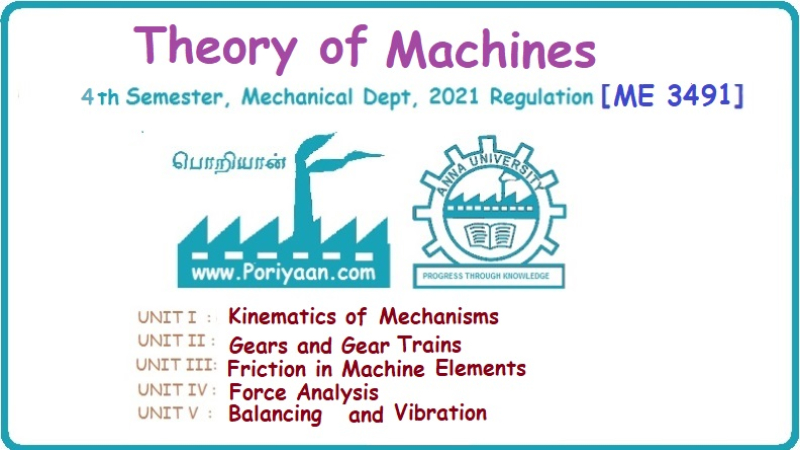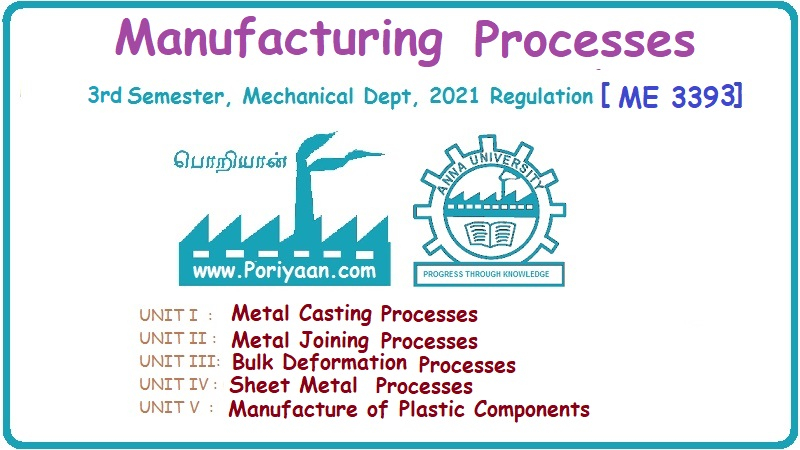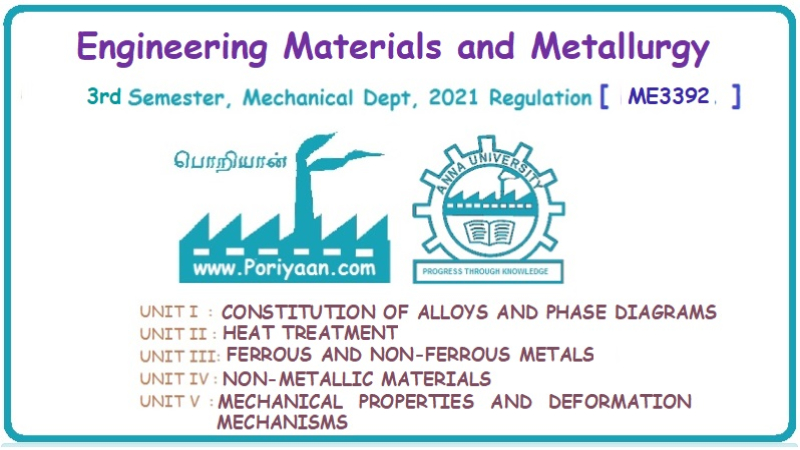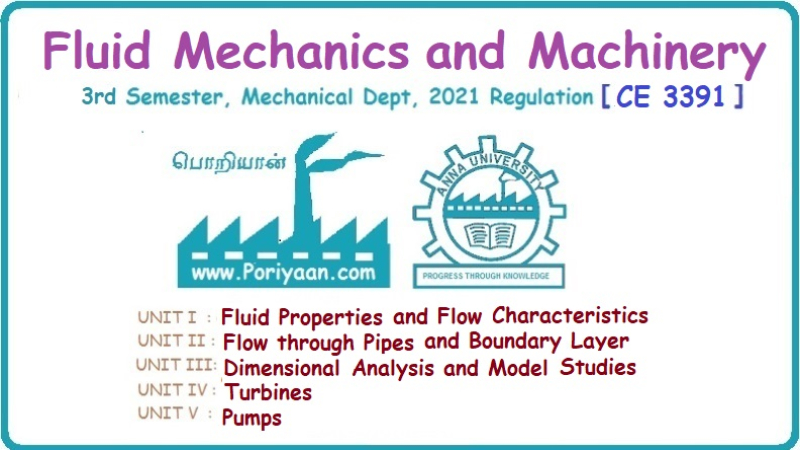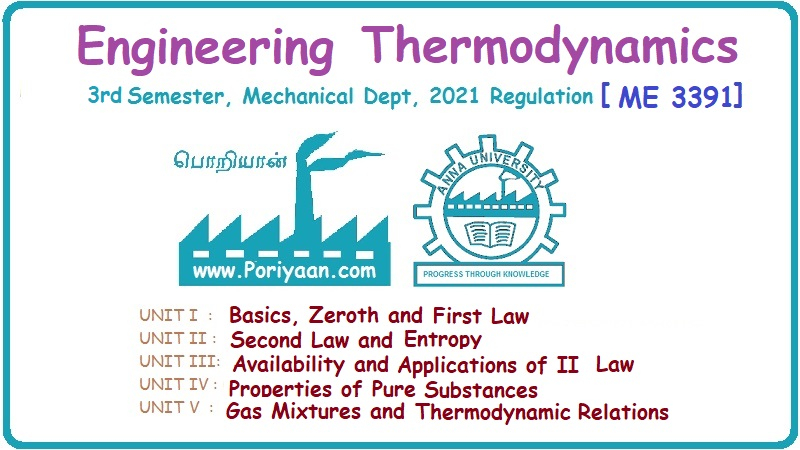Mechatronics and IoT
ME3791 7th semester Mechanical Dept | 2021 Regulation

2021 regulation - 4th year, 7th semester paper for Mechanical department, Subject Code: ME3791, Subject Name: Mechatronics and IoT, Batch: 2021, 2022, 2023, 2024. Institute: Anna University Affiliated Engineering College, TamilNadu. Page has Engineering Physics study material, notes, semester question paper pdf download, important questions, lecture notes.
PDF Download Links
Mechatronics and IoT
Notes and Question Answer of Unit I: Sensors and Actuators will Uploaded shortly...
Notes and Question Answer of Unit II: Signal Conditioning Circuits and PLC will Uploaded shortly...
Notes and Question Answer of Unit III: Fundamentals of Iot and Embedded Systems will Uploaded shortly...
Notes and Question Answer of Unit IV: Controllers will Uploaded shortly...
Notes and Question Answer of Unit V: Mechatronics and Iot Case Studies will Uploaded shortly...
PDF Download Links
Mechatronics and IoT
Unit I: Sensors and Actuators
Notes and Question Answer of Unit I: Sensors and Actuators will Uploaded shortly...
Unit II: Signal Conditioning Circuits and PLC
Notes and Question Answer of Unit II: Signal Conditioning Circuits and PLC will Uploaded shortly...
Unit III: Fundamentals of Iot and Embedded Systems
Notes and Question Answer of Unit III: Fundamentals of Iot and Embedded Systems will Uploaded shortly...
Unit IV: Controllers
Notes and Question Answer of Unit IV: Controllers will Uploaded shortly...
Unit V: Mechatronics and Iot Case Studies
Notes and Question Answer of Unit V: Mechatronics and Iot Case Studies will Uploaded shortly...
PDF Download Links

ME3791
MECHATRONICS AND IoT
COURSE OBJECTIVES
1.
To make students get acquainted with the sensors and the actuators, which are
commonly used in mechatronics systems.
2.
To provide insight into the signal conditioning circuits, and also to develop
competency in PLC programming and control
3.
To make students familiarize with the fundamentals of IoT and Embedded systems.
4.
To impart knowledge about the Arduino and the Raspberry Pi.
5.
To inculcate skills in the design and development of mechatronics and IoT based
systems.
UNIT – I
SENSORS AND ACTUATORS
Introduction
to Mechatronics - Modular Approach, Sensors and Transducers: Static and Dynamic
Characteristics, Transducers - Resistive, Capacitive, Inductive and Resonant,
Optical Sensors – Photodetectors - Vision Systems – Laser - Fibre optic - Non-fibre
Optic, Solid State Sensors, Piezoelectric and Ultrasonic Sensors. Actuators –
Brushless Permanent Magnet DC Motor – PM, VR and Hybrid Stepper motors – DC and
AC Servo Motors
UNIT – II
SIGNAL CONDITIONING CIRCUITS AND PLC
Operational
Amplifiers – Inverting and Non-Inverting Amplifier – Wheatstone bridge
Amplifier – Instrumentation Amplifier – PID Controller, Protection Circuits,
Filtering Circuits, Multiplexer, Data Logger and Data Acquisition System –,
Switching Loads by Power Semiconductor Devices Circuits – Thyristors – TRIAC –
Darlington Pair –MOSFET and Relays. PLC – Architecture – Input / Output
Processing – Logic Ladder Programming – Functional Block Programming using Timers
and Counters – Applications.
UNIT – III
FUNDAMENTALS OF IoT AND EMBEDDED SYSTEMS
The
Internet of Things ( IoT) - Introduction to the IoT Framework – IoT Enabling
Technologies - The Effective Implementation of IoT: The Detailed Procedure.
Embedded Systems: An Introduction - Single-Chip Microcontroller Systems -
Single-Board Microcontroller Systems - Single-Board Computer Systems - Embedded
Systems: Peripherals - Software Considerations
UNIT – IV
CONTROLLERS
Foundation
topics: Programming Languages: C++ and Python - The Linux Operating System.
Arduino: The Arduino Boards - Arduino Peripherals- Arduino IDE – ESP8266 Wi-Fi
module. Raspberry Pi: The Raspberry Pi Boards - The Raspberry Pi Peripherals -
The Raspberry Pi Operating System. (typical peripherals) Interfacing and
Controlling I/O devices by Arduino and Raspberry Pi: LEDs - Push buttons -
Light intensity sensor - Ultrasonic distance sensor – Temperature sensor-
Humidity sensor - Sensor and Actuator interactions
UNIT – V
MECHATRONICS AND IoT CASE STUDIES
Mechatronics
systems: Drone actuation and Control -Autonomous Robot with Vision System,
Automotive Mechatronics: Electronic Ignition System - ABS - EBD - Adaptive
Cruise Control. IoT case studies: Remote Monitoring Systems- Remotely Operated
Autonomous Systems - Centralized Water Management System - IoT Enabled Robotic
Camera Dolly - Portable, Wireless, Interactive IoT Sensors for Agriculture -
IoT Vehicle Management System with Network Selection.
TOTAL:
45 PERIODS
OUTCOMES:
At
the end of the course the students would be able to
1.
Explain Select suitable sensors and actuators to develop mechatronics systems.
2.
Discuss Devise proper signal conditioning circuit for mechatronics systems, and
also able to implement PLC as a controller for an automated system.
3.
Elucidate the fundamentals ofIot and Embedded Systems
4.
Discuss Control I/O devices through Arduino and Raspberry Pi.
5.
Design and develop an apt mechatronics/IoT based system for the given real-time
application.
TEXT BOOKS:
1.
Bradley D.A., Burd N.C., Dawson D., Loader A.J., “Mechatronics: Electronics in
Products and Processes”, Routledge, 2017.
2.
Sami S.H and Kisheen Rao G “The Internet of Mechanical Things: The IoT
Framework for Mechanical Engineers”, CRC Press, 2022.
REFERENCES:
1.
John Billingsley, “Essentials of Mechatronics”, Wiley, 2006
2.
David H., Gonzalo S., Patrick G.,Rob B. and Jerome H.,“IoT Fundamentals:
Networking Technologies, Protocols, and Use Cases for the Internet of Things”,
Pearson Education, 2018.
3.
Nitin G and Sharad S, “Internet of Things: Robotic and Drone Technology”, CRC
Press, 2022
4.
Newton C. Braga, “Mechatronics for The Evil Genius”, McGrawHill, 2005.
5.
Bell C., “Beginning Sensor Networks with Arduino and Raspberry Pi”, Apress,
2013
Mechatronics and IoT: Unit I: Sensors and Actuators,, Mechatronics and IoT: Unit II: Signal Conditioning Circuits and PLC,, Mechatronics and IoT: Unit III: Fundamentals of Iot and Embedded Systems,, Mechatronics and IoT: Unit IV: Controllers,, Mechatronics and IoT: Unit V: Mechatronics and Iot Case Studies 7th Semester Mechanical Dept 2021 Regulation : ME3791 7th semester Mechanical Dept | 2021 Regulation Mechatronics and IoT
